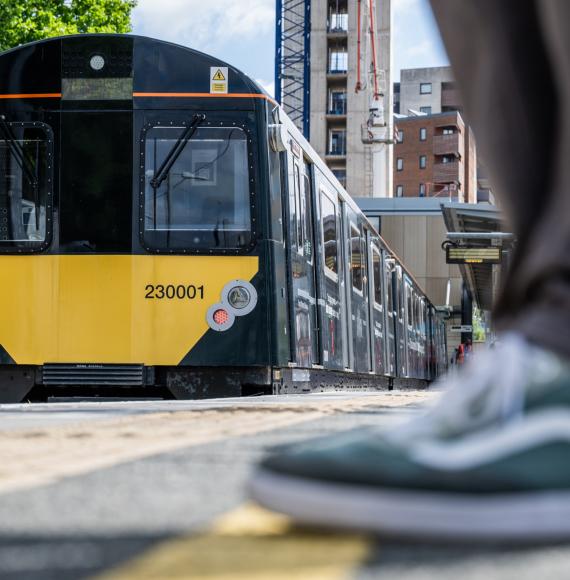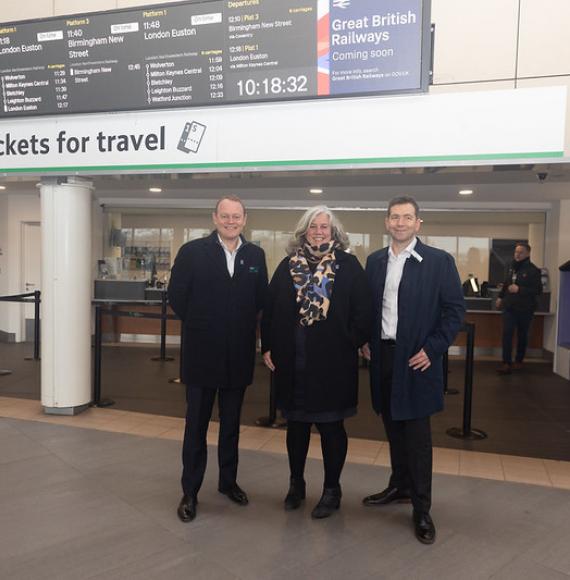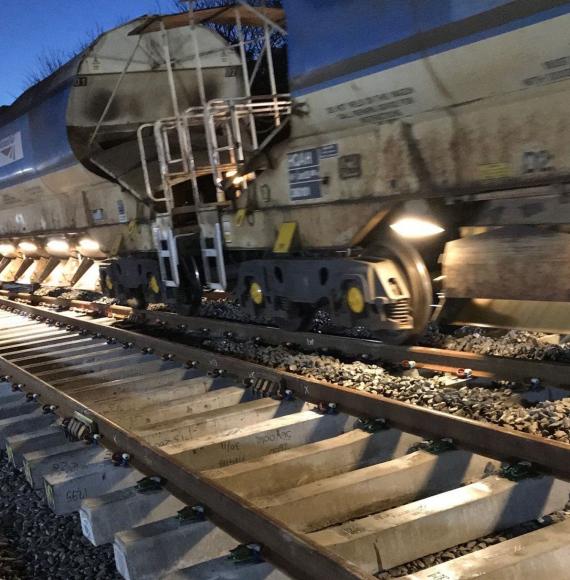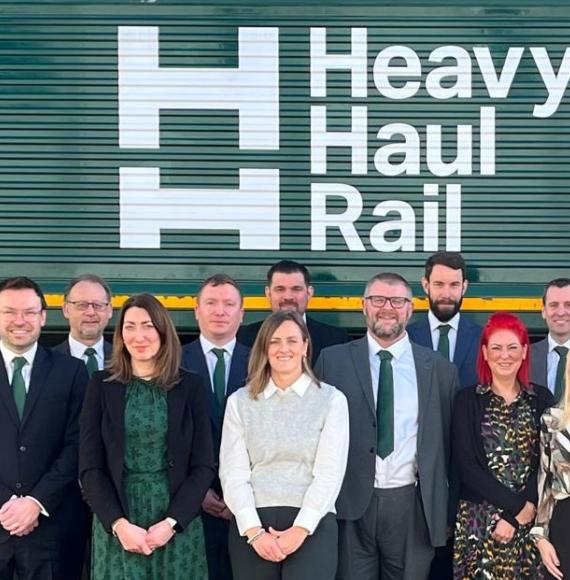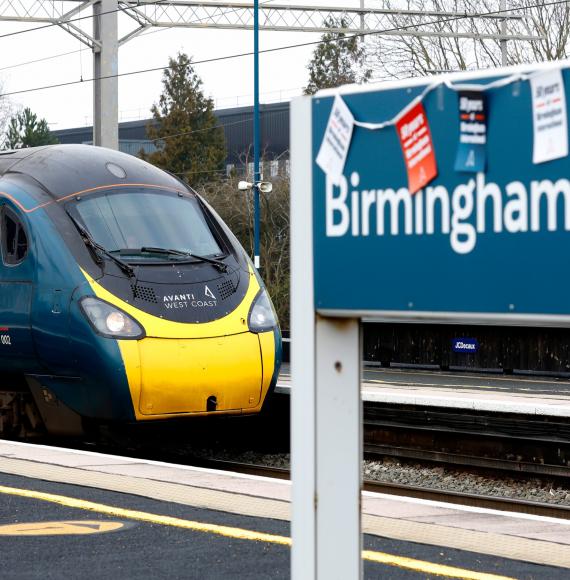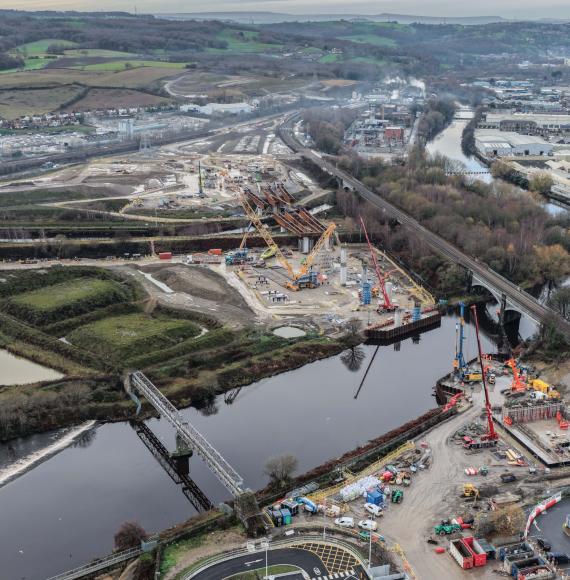HS2 has published its annual report and accounts for 2023-24, revealing the extent of the costs incurred by the cancellation of Phase 2 of the project.
Over £2 billion in costs have been incurred as a result of the announcement last October by former Prime Minister Rishi Sunak, in which he announced that Phases 2a and 2b taking the high-speed route north of Birmingham would be scrapped. Plans were also revealed to scale back the design of Euston station from 10 platforms to six.
An impairment assessment conducted following the announcements identified total impairment, or permanent reduction in value, of assets exceeding £1 billion. This included £713 million of impairment costs relating to Phase 2a, £137 relating to 2b West and £153 million in connection with Euston station.
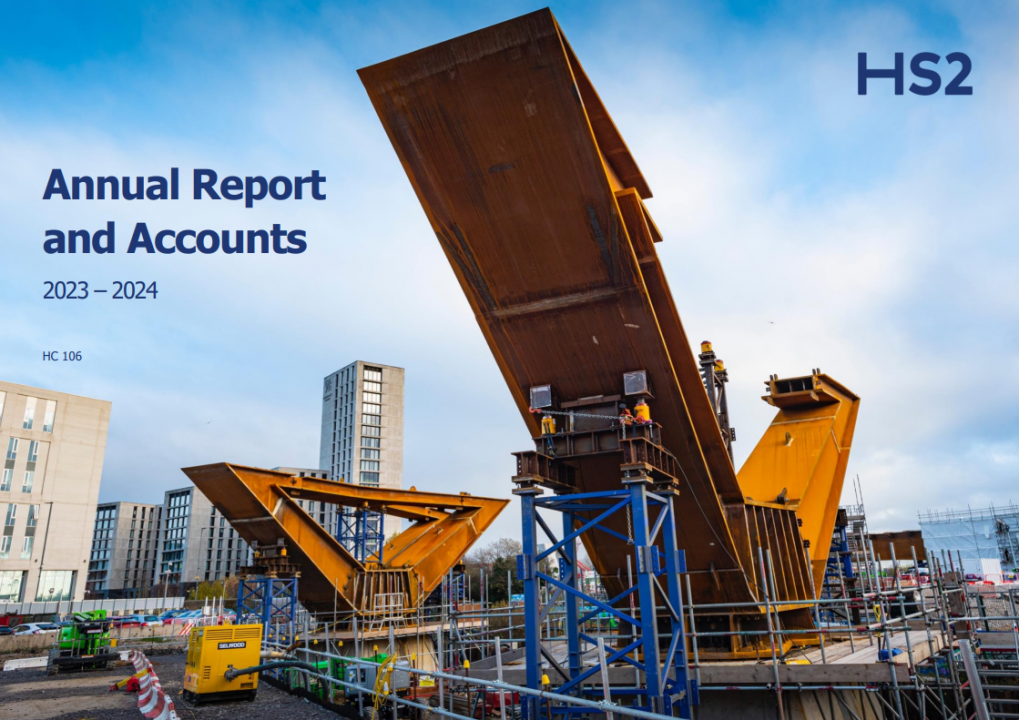
The report explains that no capital expenditure incurred on preparatory work to build either Phase 2a and 2b West is expected to provide a return on investment, with all expenditure declared as a loss.
Meanwhile, all of the investment into specific design work on the four scrapped platforms at Euston station has been declared as a loss.
A further £1.1 billion worth of costs previously incurred on Phase Two were not capitalised, and have also been declared lost.
Meanwhile, £95 million of remediation work was performed on construction sites that are no longer needed, completing a total loss of £2.17 billion.
In the year from April 2023 to March 2024, expenditure on HS2 totalled £8.56 billion, a substantial increase on the £6.96 billion bill from the previous year.
The release of HS2’s annual report comes just a week after a report by the National Audit Office (NAO) recommended that the Department for Transport consider advising people not to travel by rail, given capacity shortages and longer journey times north of Birmingham.
The NAO also reported that the most extreme estimates by HS2 Ltd show that it could yet cost a further £27 billion in 2019 prices to complete Phase 1 between London and Birmingham.
Image credit: HS2 Ltd



